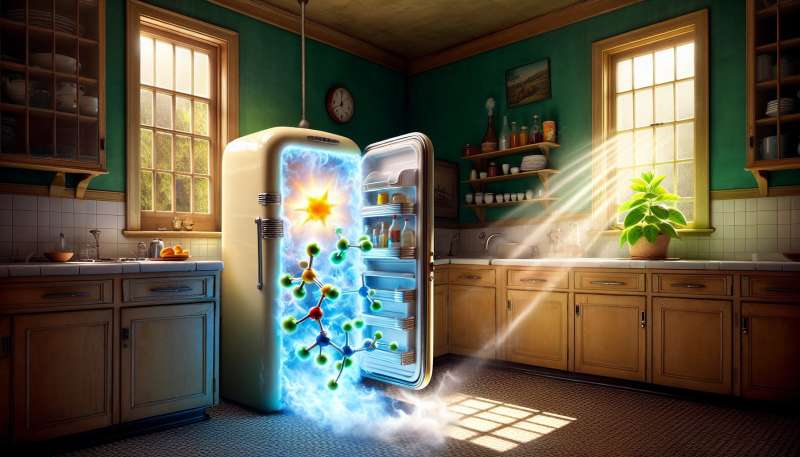
Refrigeration: A Brief History
Refrigeration dates back to ancient times. Methods like using ice and snow were common before the advent of mechanical refrigeration systems in the 1750s, revolutionizing food preservation and industry processes.
Basic Refrigeration Principles
Refrigeration works on thermodynamics principles, particularly heat transfer. It removes heat from an enclosed space, lowering temperature. The cycle involves evaporation, compression, condensation, and expansion of a refrigerant.
Refrigerants: Evolution Over Time
Early refrigerants were toxic and flammable substances like ammonia, sulfur dioxide, and methyl chloride. The 1930s introduction of chlorofluorocarbons (CFCs) was a safer turn, but their environmental impact led to newer, eco-friendly refrigerants.
Vapor Compression Cycle
The most common refrigeration system utilizes the vapor compression cycle. It comprises four main components: evaporator, compressor, condenser, and expansion valve. Heat is absorbed and released, cycling the refrigerant through different pressure states.
Absorption Refrigeration Insights
Unlike vapor compression, absorption refrigeration uses heat, not mechanical energy, to operate. It relies on a solution, typically ammonia/water, and has niche applications such as in RVs and where waste heat is available.
Thermoelectric Coolers Explained
Thermoelectric refrigeration uses the Peltier effect to create a heat flux. It's solid-state, with no moving parts or fluids, offering reliability and precise temperature control for specialized applications like electronics cooling.
Magnetic Refrigeration Potential
An emerging technology, magnetic refrigeration, is based on the magnetocaloric effect. Materials heat up when magnetized and cool when demagnetized. It's energy-efficient and environmentally friendly, presenting a future alternative to traditional methods.
When did mechanical refrigeration begin?
1750s, revolutionizing industries
1930s with CFCs introduction
During ancient times
Company